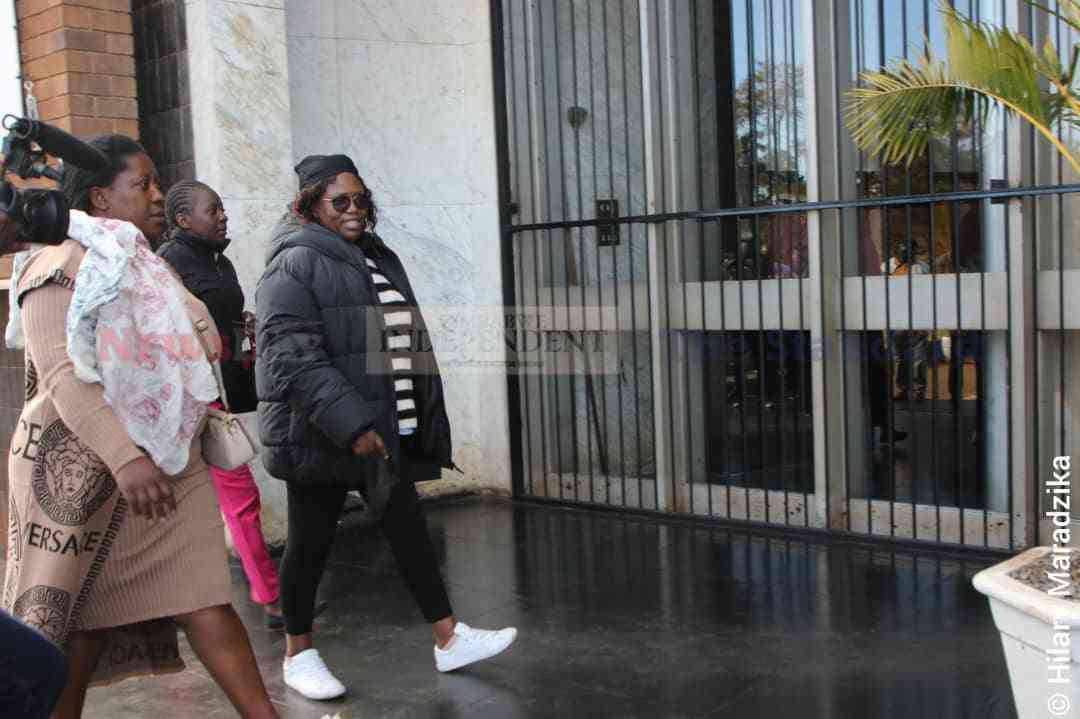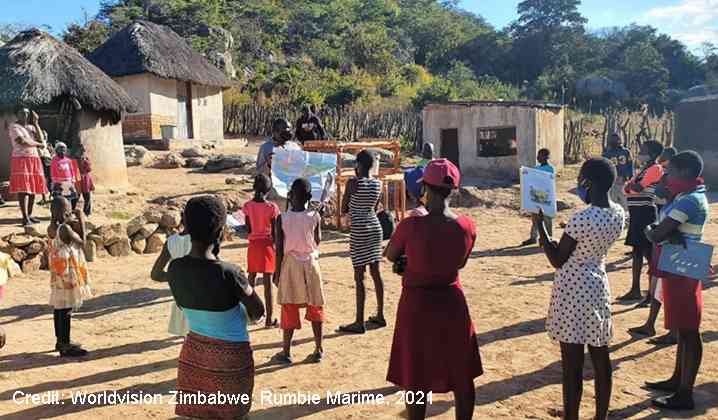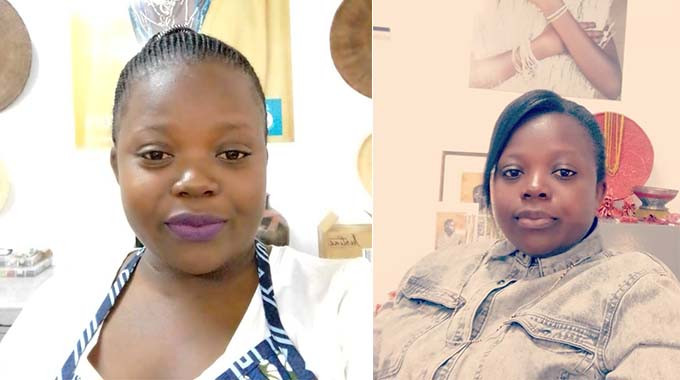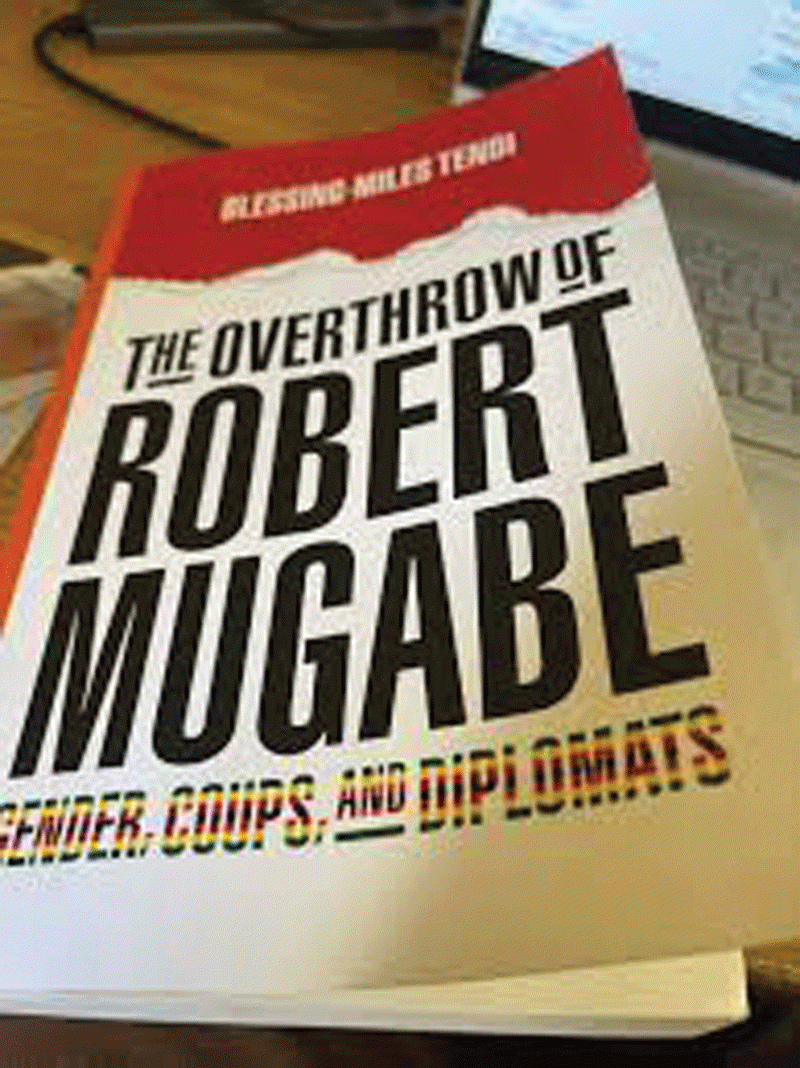
In an interview with the StandardLife&Style’s Simbarashe Manhango (SM), NoViolet Bulawayo (NB) took time to reflect on her career and how she grew up to be a writer.
SM: Congratulations for winning this year’s Caine Prize for African Writing award. How do you feel about it?NB: It’s one of Africa’s most prestigious prizes, so I’m obviously happy and humbled to win, I’m the more happy to be representing Zimbabwe, a powerhouse of African literature in itself.
SM: Tell us more about your childhood and what really influenced you to start writing?NB:I grew up in Gwanda and later Bulawayo and as a kid I was surrounded by stories.From my grandmother telling us Inganekwane (fairytales) around the fire, to gossiping women and my dad who just had a passion for telling stories if he was in the mood.
When I began to read books it felt like an extension of that world and years later this influenced me to start writing. I think writing to me is also natural and a talent that has always been in me.
SM: Where did you attend school and up to which level?NB: I attended Jahunda Primary School in Gwanda and later Ross Camp Primary School in Bulawayo. I did my O’levels at Njube Secondary and my A’ levels at Mzilikazi High.
SM: Did you always have a passion for writing and can you tell the real secret behind your success?NB: I remember my primary school teachers talking about how I could write well, which inspired me to start writing with interest.So I’d say I started writing early and my father, who was also a serious reader with an excellent command of the English language, gave me his support. He edited my stories and we shared books.
But I’d say it was only after taking my first ever creative writing class in college that I began to write seriously. There is no special formula for success besides working hard, passion, and giving it your all.
SM: Have writers in Zimbabwe done enough to ensure that more local content is published?NB: The problem is not the writers, it’s the landscape. We only have a couple of publishing houses and inasmuch as they are doing a tremendous job, they are not enough to cater for the talent so they are forced to be extremely selective, which affects the rise of new writers.
- Chamisa under fire over US$120K donation
- Mavhunga puts DeMbare into Chibuku quarterfinals
- Pension funds bet on Cabora Bassa oilfields
- Councils defy govt fire tender directive
Keep Reading
SM: What is your advice to aspiring writers?NB: Read good books so as to understand what makes good writing. And of equal importance, devote the necessary attention to your craft — master the story, voice, character, dialogue, pacing, and other story elements. This is what will allow you to tell your story, and what will make people take you seriously.
SM: What do you do when you are not concentrating on writing? NB: I lecture at Cornell University (in the UK) but then writing is one of those things that one is almost always doing — there’s hardly a time when I’m not writing really.
SM: How has writing been a source of satisfaction and fulfillment for you?NB: It has allowed me to engage with the world and interrogate issues I’m passionate about.This award has allowed me to put Zimbabwe on the map, which is quite befitting for a country with such a rich literary heritage.
SM: How long did it take you to write this winning story?NB: That’s a hard one because after I produce the first draft I revise obsessively. But I guess I can say long enough to produce a winner.
* NoViolet Bulawayo is a pen name for Elizabeth Tshele











